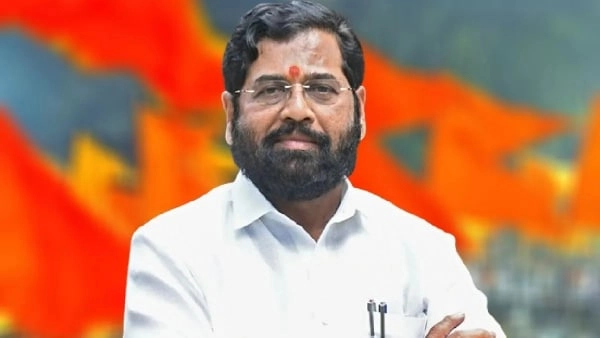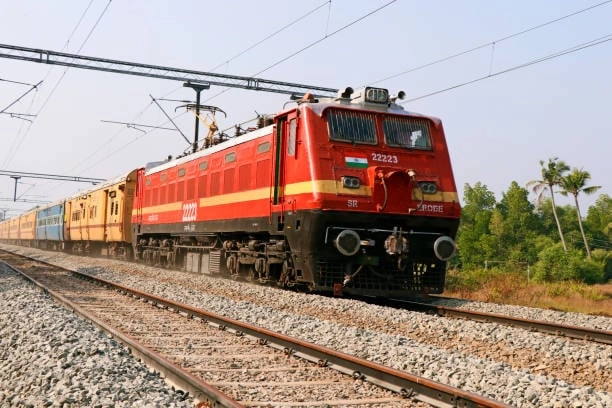In a significant escalation of tensions, Pakistan has launched a fresh wave of attacks in Jammu and other regions, raising concerns over the security situation in the area. This renewed aggression comes amidst ongoing geopolitical strife and has prompted widespread condemnation from Indian authorities. Reports indicate that the attacks involve a combination of artillery shelling and small arms fire, which have targeted military installations and civilian areas alike, leading to heightened fears among the local populace. The Indian military has responded with countermeasures to neutralize the threat and ensure the safety of its citizens.
The latest developments are part of a broader pattern of hostilities that have characterized the relationship between India and Pakistan, particularly in the context of the Kashmir conflict. Analysts suggest that these attacks may be an attempt by Pakistan to assert its influence and demonstrate its military capabilities amid international scrutiny. The situation has raised alarms not only within India but also among global powers that have vested interests in maintaining stability in South Asia. Diplomatic efforts are underway to address the escalating tensions, but the prospects for a peaceful resolution appear slim as both nations remain entrenched in their positions.
Local residents have expressed their fears and frustrations over the continuous cycle of violence, which has disrupted daily life and led to a climate of uncertainty. Many families are grappling with the consequences of the attacks, as they seek shelter and safety while coping with the emotional toll of living in a conflict zone. Community leaders are calling for immediate intervention from local and national governments to ensure the protection of civilians and to address the humanitarian needs arising from the ongoing conflict. As the situation unfolds, it remains crucial for both sides to engage in dialogue and seek a peaceful resolution to prevent further escalation.




